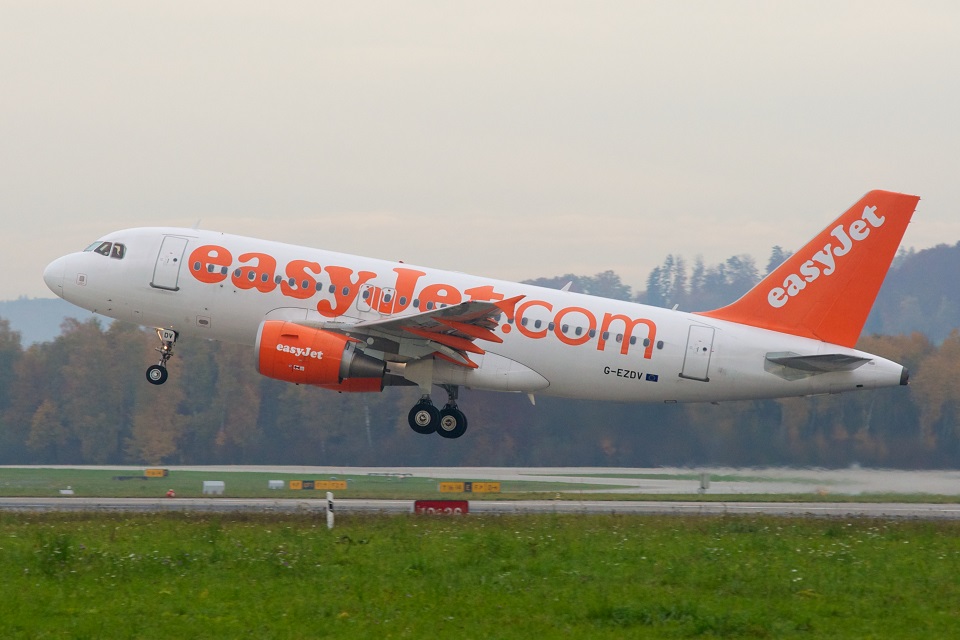Civil Aviation
EasyJet Pilot Suspended After Flying Too Close to Mountain with 190 Passengers

Imagine being thousands of feet in the air, expecting a smooth journey to your holiday destination, only to hear the cockpit alarm blaring warnings of an imminent collision.
This nightmare became a reality for 190 passengers on an EasyJet flight from Manchester to Hurghada, Egypt, when their aircraft came dangerously close to a mountain, triggering an emergency alert.
The shocking incident led to the immediate removal of Captain Paul Elsworth from duty while an investigation is underway.
Experts say the aircraft, instead of maintaining the standard 6,000 feet clearance, flew at approximately 3,300 feet over a 2,329-foot peak—far too close for comfort.
Cockpit Alarms and a Race Against Disaster
The Ground Proximity Warning System (GPWS) in the cockpit issued a chilling warning: “Pull up, terrain, terrain, pull up, pull up!”—an alert only activated when an aircraft is heading dangerously toward terrain. While EasyJet insists that a last-second maneuver wasn’t needed to prevent an accident, the airline acknowledged the seriousness of the situation.
EasyJet Responds: Safety First
In response to the incident, EasyJet stated: “Safety is the number one priority for all our pilots. They are trained to the highest industry standards and undergo rigorous testing.” The airline confirmed that the pilot remains suspended as part of standard procedures while an internal investigation is conducted.
Experts have pointed out that the flight should have been traveling slower with a more controlled descent. Aviation authorities are now reviewing flight data and questioning the pilot to determine what went wrong.
While the plane eventually landed safely in Hurghada, this near-miss serves as a stark reminder of the importance of strict safety protocols and real-time warning systems in aviation.

